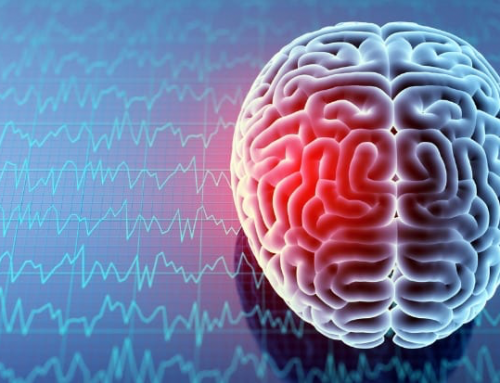 A car accident happens in the blink of an eye, yet its effects can haunt you for days, weeks, months, and even years afterward, depending upon the severity of the impact. This is especially true when it comes to neck injuries, namely whiplash.
A car accident happens in the blink of an eye, yet its effects can haunt you for days, weeks, months, and even years afterward, depending upon the severity of the impact. This is especially true when it comes to neck injuries, namely whiplash.
At Pro Rehab Chiropractic & Rehabilitation, our team of experts specializes in neck injuries and works with patients across Delaware at our 10 locations, helping them regain their health after a car accident or any other trauma that involves their necks.
If you’d like to learn more about the symptoms of whiplash, and why they’re often delayed, we’ve pulled together a few things you should know about the condition.
The aftermath
Immediately after your car accident, your primary goals are to ensure that you and your passengers (if there are any) are OK. As you scan your body and begin to tentatively move, you may breathe a sigh of relief when you realize that you managed to escape the incident unscathed. Not so fast.
Your body is an incredibly resilient structure, and it’s designed to protect itself against danger. In an impact, your adrenal glands release a healthy dose of adrenaline, a hormone that governs your biological fight-or-flight response. Adrenaline essentially prepares you for action by speeding up your heart rate, dilating your pupils, increasing your blood pressure, redirecting your blood supply to your muscles, and increasing your blood glucose levels.
This hormone release controls your body for the duration of the trauma, which is usually only minutes, and then subsides once the danger is clear. The aftermath of this release, however, lingers for some time as your body readjusts back to a more normal state.
When it comes to whiplash, your head is thrown forward and back in a whipping motion, and when it comes to rest, your adrenaline has already kicked in, which prevents you from feeling the effects of this excessive force. And it can prevent it for some time.
The day after
Most people with whiplash begin to experience the effects within 6-12 hours after the accident. As we explained above, you may leave the scene of the accident or trauma counting your blessings that you weren’t seriously injured, only to wake up the next morning with moderate-to-severe pain and stiffness in your neck and shoulders.
This is because your adrenaline levels have regulated, and your body has taken stock of the damage and sent in the necessary healing resources, which causes inflammation.
In addition to the pain and stiffness, you may also experience other symptoms over the following days, including dizziness, poor sleep, headaches, and numbness down your arms. In extreme cases, you may find yourself in a mental “fog,” unable to concentrate or focus.
What’s most important in all of this is that you should seek help at the first sign that something’s wrong so we can take a look to determine the extent of the damage and get you started on an appropriate treatment protocol. Since whiplash is a soft-tissue injury, diagnosis is tricky, and it’s best left to experts who understand the nature of whiplash. Each of the Pro Rehab offices has these experts on staff, and their combined experience helps them identify the symptoms of whiplash to get you on the road to recovery as quickly as possible in order to avoid chronic problems.
The long road
While most whiplash symptoms make themselves known in the first week after your car accident, there is a condition known as Late Whiplash Syndrome, which is characterized by symptoms that develop months, or even years, after the initial accident. If you’re feeling any of the symptoms we mentioned above, but some time has passed since your accident, it’s worth having one of our experts take a look to see if the two aren’t related.
If you’re unsure about whether you’re dealing with whiplash, call us sooner rather than later to set up an appointment. Or you can schedule a consultation using the online booking tool on this website.







